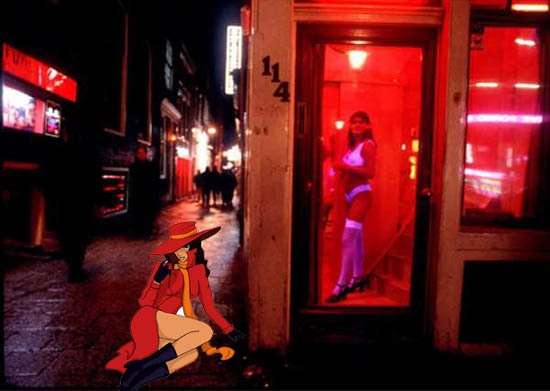
Her lips are like some [Am] rosy [D] fair
[Em] The purest [D] eyes and the [Em] neatest hands
I love the ground whereon [D] she stands
I go to the Clyde for to mourn and weep
But satisfied I never can sleep
I’ll write to you in a few short lines
I’ll suffer death ten thousand times
I know my love and well she knows
I love the grass whereon she goes
If she on earth no more I see
My life will quickly fade away
A winter’s past and the leaves are green
The time has past that we have seen
But still I hope the time will come
When you and I will be as one
Black is the color of my true love’s hair
Her lips are like some rosy fair
The purest eyes and the neatest hands
I love the ground whereon she stands









